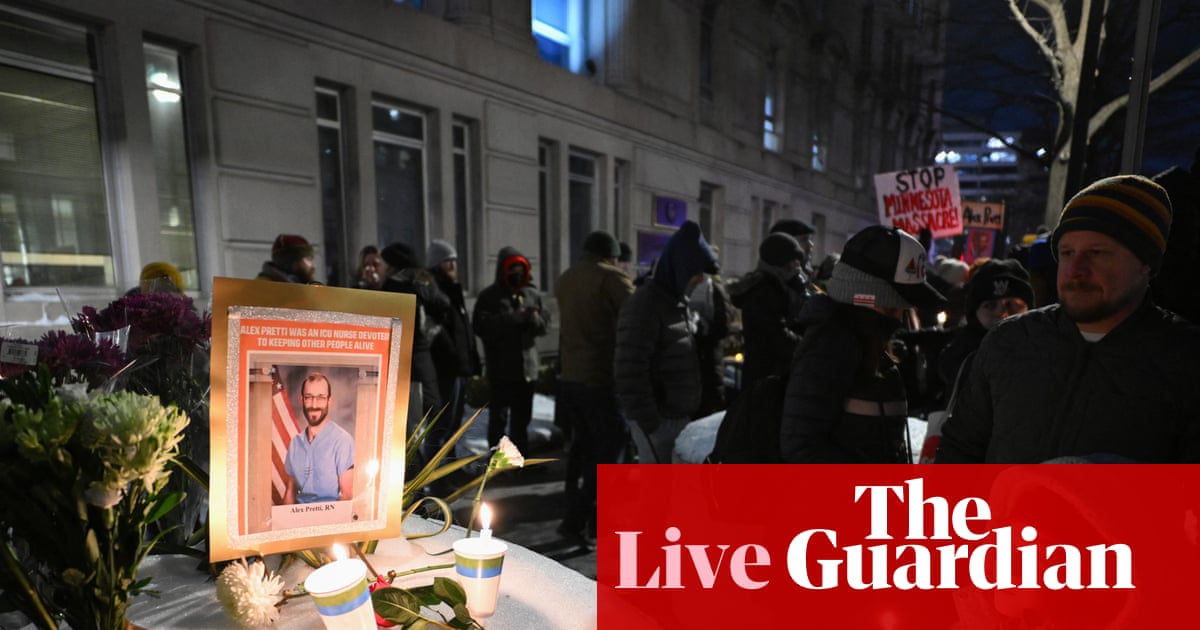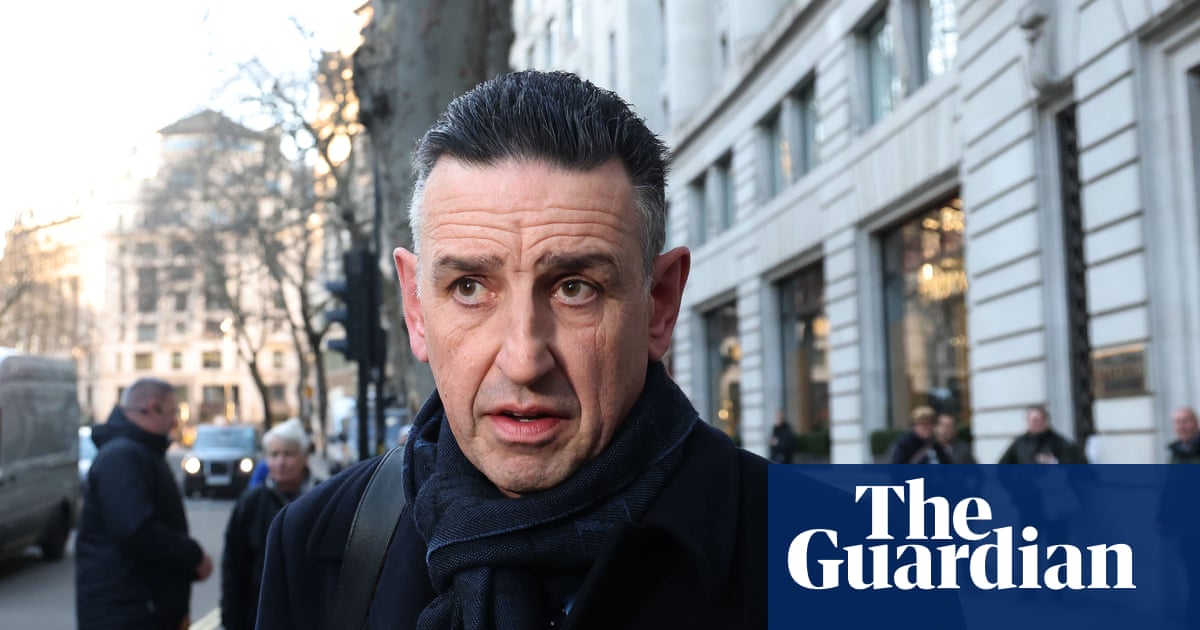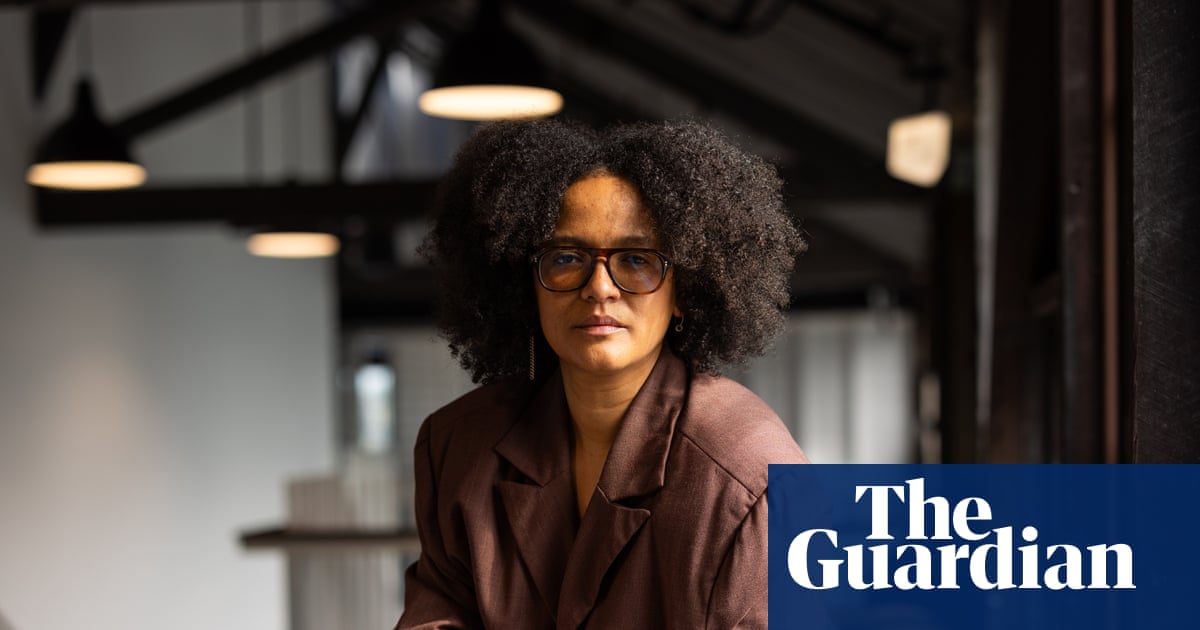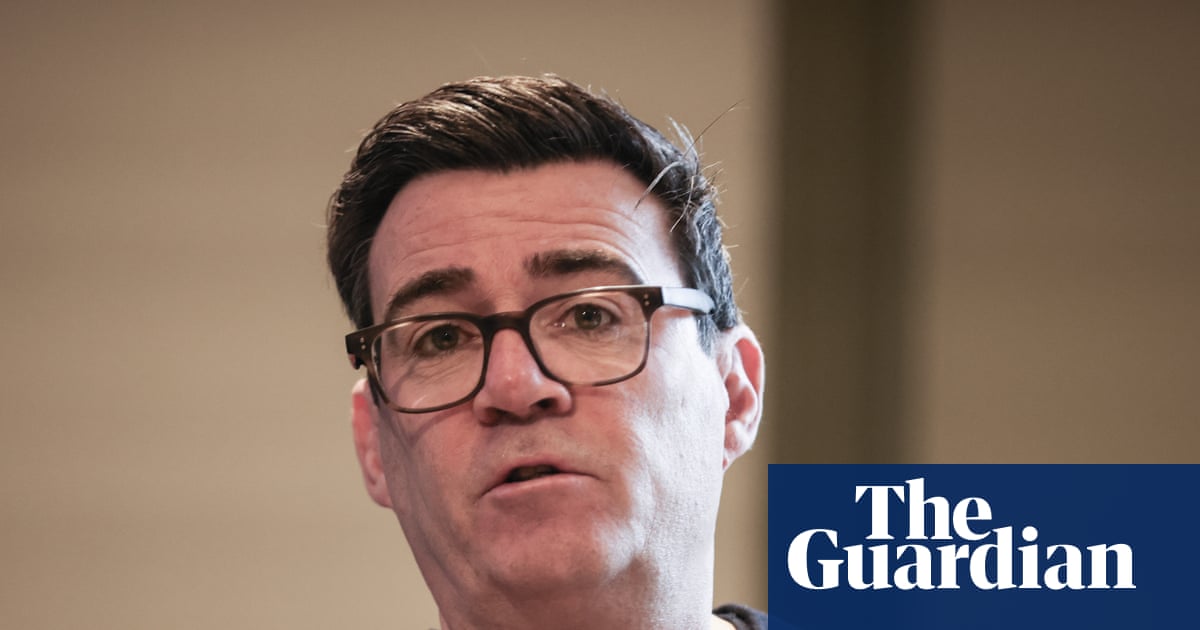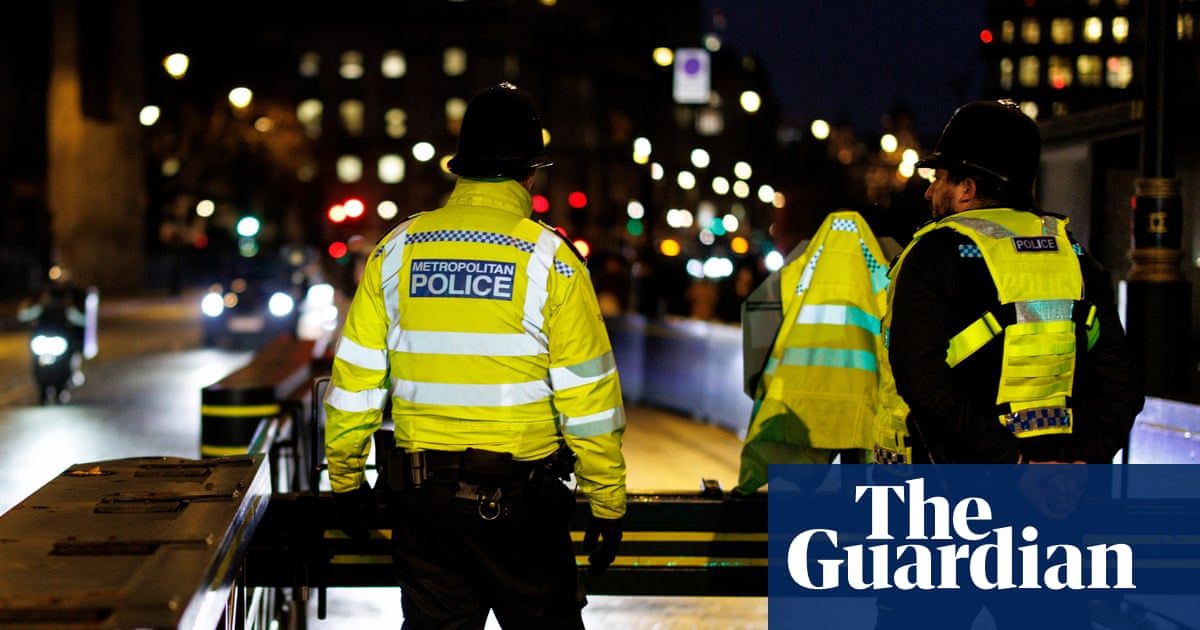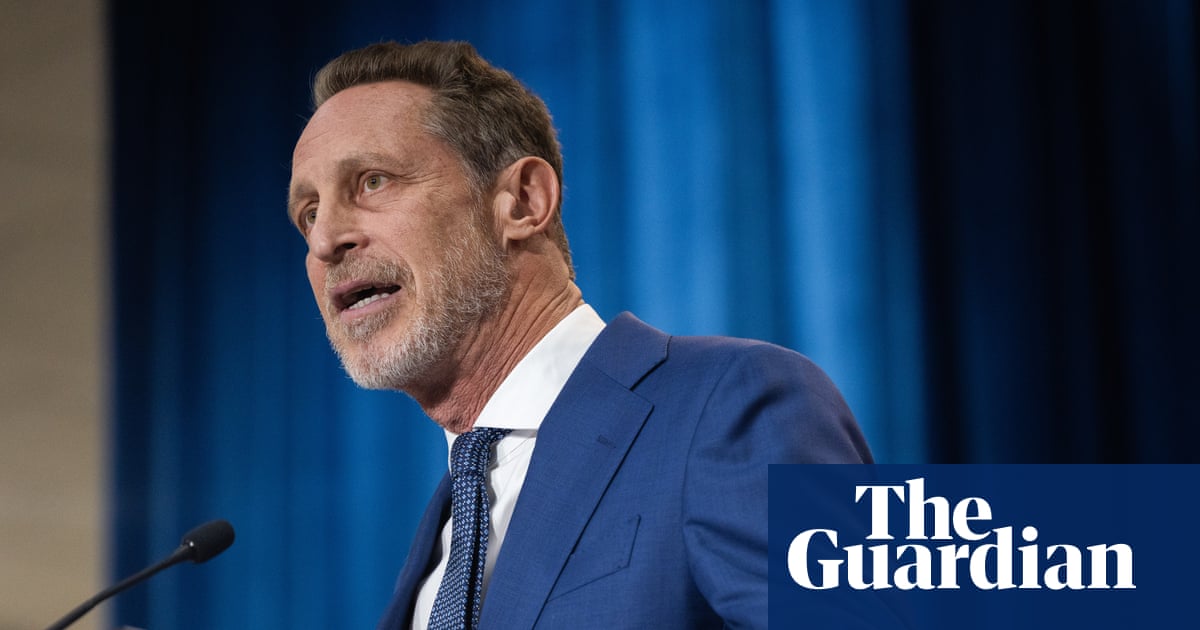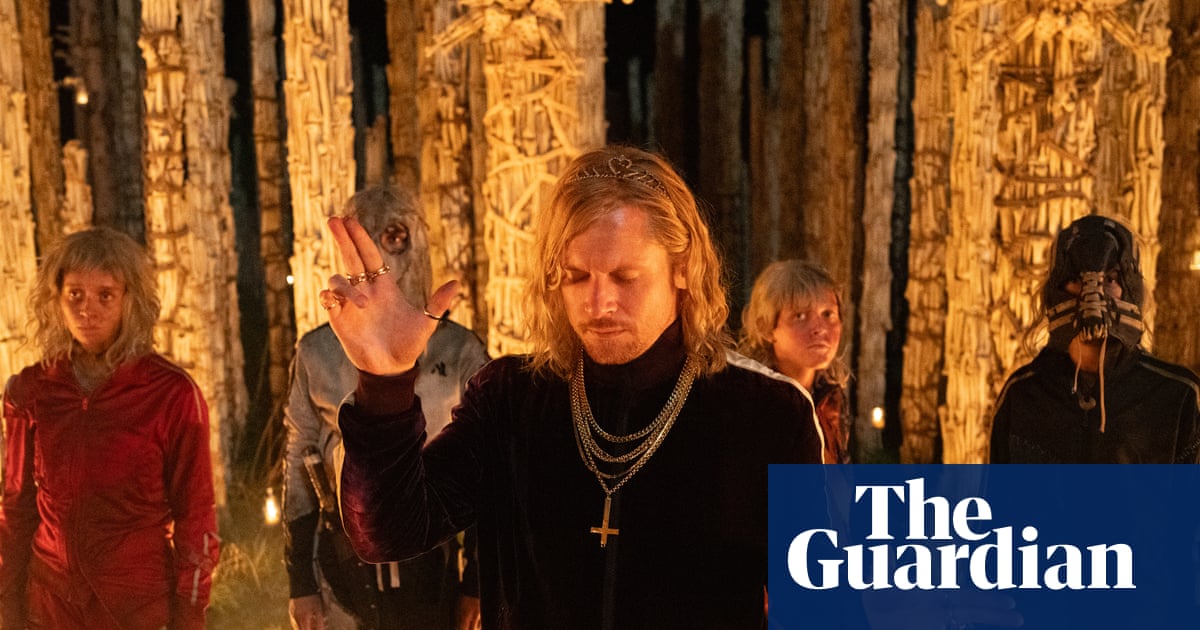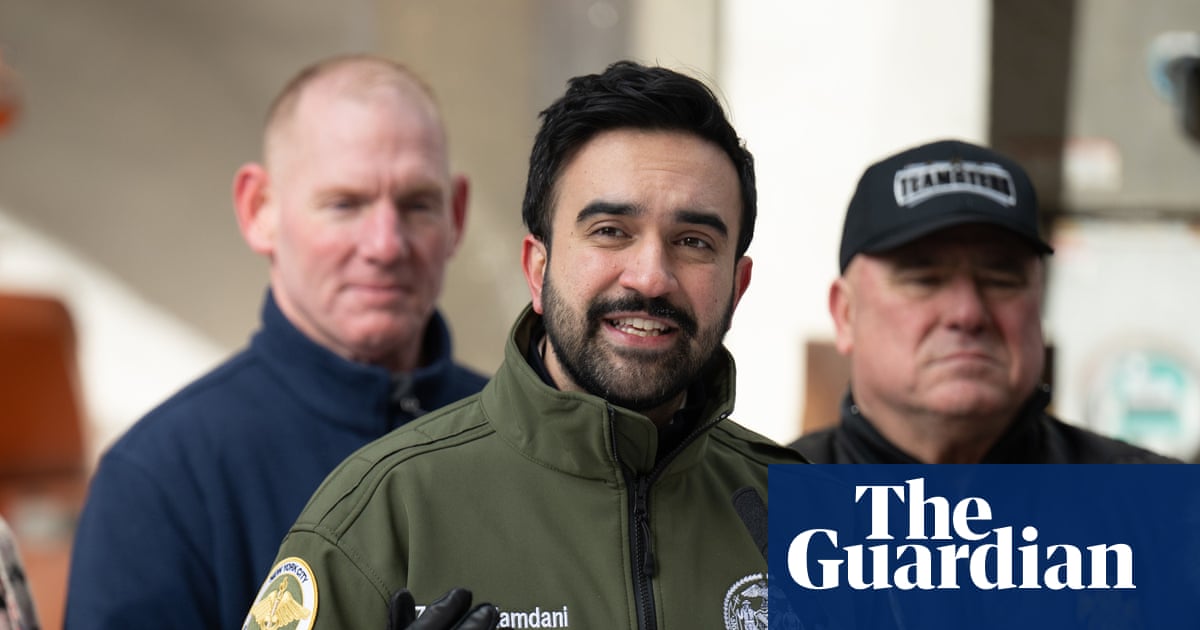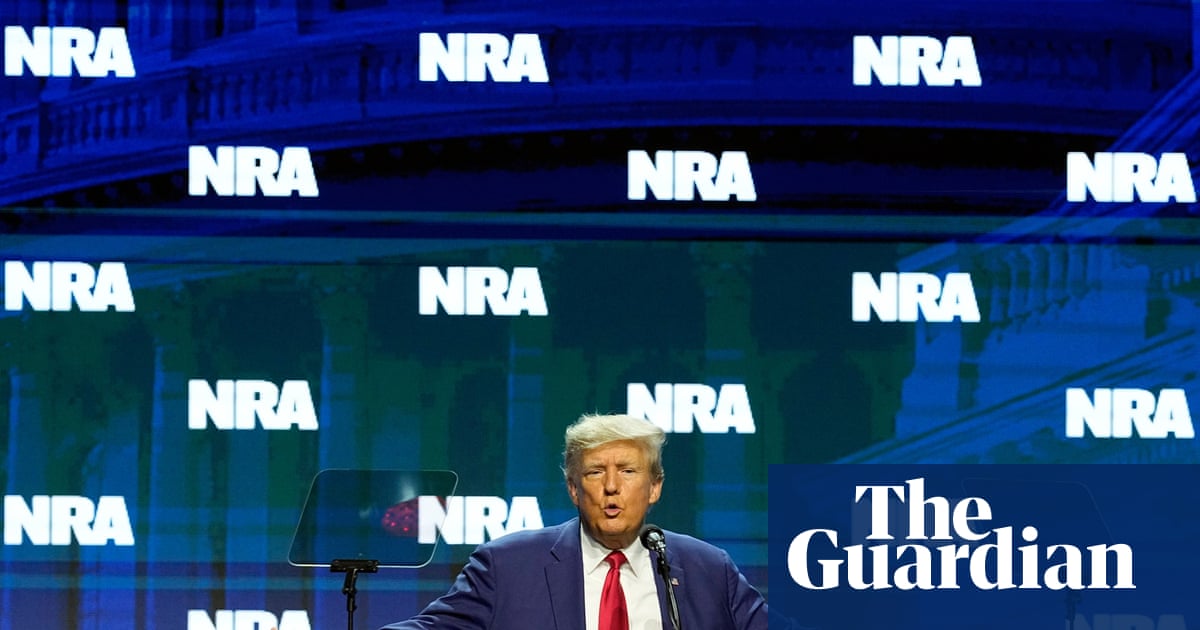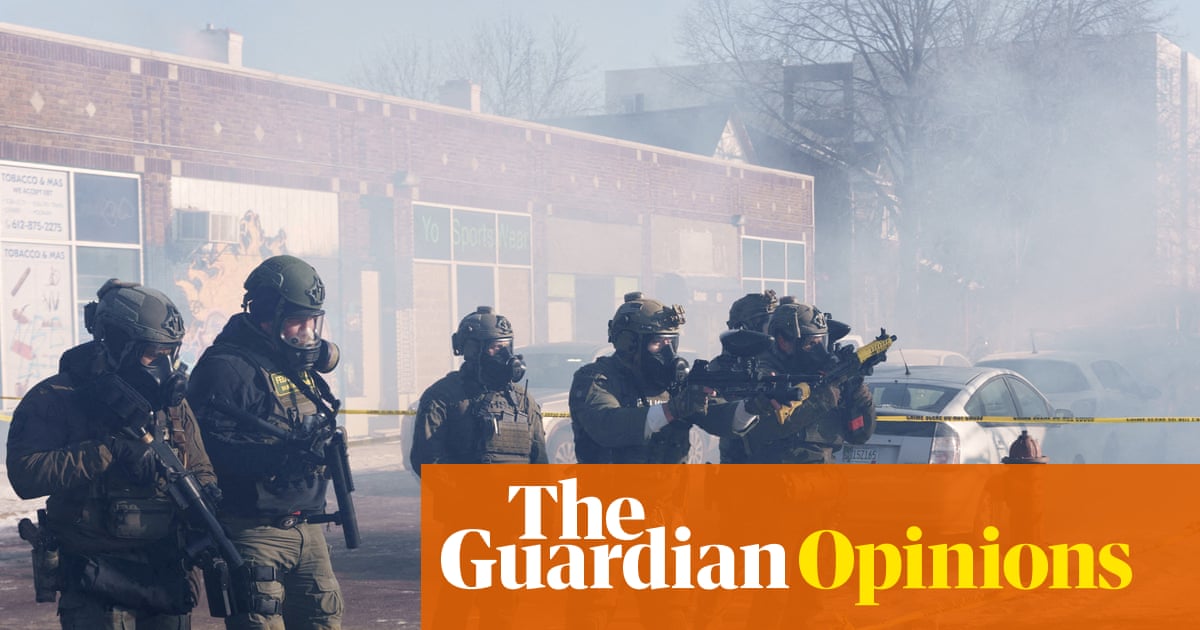The resignation of the BBC’s director general, Tim Davie, over accusations of bias comes as a shock and leaves a gulf at the top of the corporation when it needs leadership most. Davie stressed that the decision was his alone – neither the board, nor even many of those who led the coordinated attack among rightwing press and politicians expected it.
Now the resignations of both Davie and the CEO of BBC News, Deborah Turness, have shown that baying for blood gets results.
The biggest shock is that this saga began just a week ago with the leak of a 19-page “devastating memo” from Michael Prescott, a former political journalist who spent three years as an external adviser to the broadcaster, published in the Telegraph. The dossier alleges BBC Panorama doctored a speech by Trump, making him appear to support the January 6 rioters, that its Arabic coverage privileged pro-Hamas views, and that a group of LGBTQ employees had excessive influence on coverage of sex and gender. The Telegraph wrote that the BBC’s very silence “proves there is a serious problem”. Meanwhile, the former UK prime minister Boris Johnson’s “blast” at Nick Robinson, the only BBC staffer to publicly fight back against the accusations, leads the Mail on Sunday, and Donald Trump’s press secretary has called the BBC “100% fake news”
Leave to one side for now the direct allegations about specific failures of BBC coverage, and the BBC’s own baffling inability or unwillingness to defend itself over the past week. But the row obscures the context that explains what is, at the heart of the matter, a political campaign against the BBC that could act as a textbook example of how to confuse and undermine the kind of journalism that is, at the very least, aiming for impartiality in a sea of spin and distortion.
Prescott stresses he has never been a member of a political party and that his views “do not come with any political agenda” in the introduction to his 8,000-word note. Yet each criticism of BBC coverage comes from the anti-progressive culture-war playbook.
For example, he is “shocked” that after an hour-long Panorama documentary dealing with Trump and the January 6 insurgency, there was no “similar, balancing” programme about the Democrat presidential candidate, Kamala Harris. As someone who has spent years dealing with the issue of impartiality told me, this is an entirely wrongheaded and now discredited view of impartiality, the sort of view that led to airtime being given to climate denial.
Prescott also accuses the BBC of amplifying “issues of racism”. Yet his own argument and suggested source material undermines his own claims of neutrality. He cites a 2022 report by History Reclaimed, also published in the Telegraph, which highlights four BBC programmes with “an overly simplistic and distorted narrative about British colonial racism, slave-trading and its legacy”. While some of its members are senior Oxbridge academics, History Reclaimed’s website makes clear that the group was formed to counter “culture war” narratives in the media that suggest British history is shameful.
Prescott remains “mystified” that his requests for BBC producers and editors to meet the report’s authors were ignored. Yet in its own review at the time, the BBC concluded that History Reclaimed “cherrypicking a handful of examples or highlighting genuine mistakes in thousands of hours of output on TV and radio does not constitute analysis and is not a true representation of BBC content”.
Sadly, there has been no corresponding BBC response to the rehashed criticism in Prescott’s own extensive review of past complaints.
None of this is to say that the BBC has not made mistakes. At the very least, the Panorama documentary appears to have included a bad and misleading edit of an hour-long Trump speech, which is unacceptable even if that speech was subsequently found to have encouraged insurrection. The BBC is expected to apologise on Monday over the Trump edit. That should have been enough.
Prescott’s 10 years as chief political correspondent and then political editor of the Sunday Times must have also helped his laser focus on two issues in particular that have divided even the BBC’s biggest supporters. Its reporting in Gaza, specifically that of the BBC Arabic service – given greater prominence recently not just because of the war but because of cuts in BBC News – has wounded many in the Jewish community, while the BBC’s handling of trans rights has divided even its own staff.
Yet pity the BBC that, while tiptoeing not always gracefully through these editorial minefields with thousands of hours of content, it has also to deal with enemies from within.
Concerns about an apparent conflict of interest were raised when Johnson appointed Prescott to advise Ofcom over its new chair four years ago. Prescott, whose PR firm Hanover was involved in advising media companies such as Sky, has also been described as a friend of Robbie Gibb, a former Conservative government head of communications who joined the BBC board after helping to launch the rightwing news channel GB News. However, Prescott was allowed to continue in that role, and a government spokesperson said on Prescott’s behalf that the appointment was “fair and open and there are no conflicts of interest”. He was later appointed external adviser to the BBC standards board.
after newsletter promotion
Gibb himself is understood to have written a long and critical note about BBC coverage to the board in early September, a few weeks before Prescott. BBC sources tell me that the chair, Samir Shah, immediately ordered Peter Johnston, the director of editorial complaints and reviews, to work on a response and a briefing was discussed at the board on 16 October.
So why has the BBC so far said nothing, apart from letting it be known that Shah is likely to apologise for the Trump edit when called to respond to the culture, media and sport committee tomorrow?
Given the sheer volume of the content it airs and criticism it receives, the BBC can sometimes be forgiven for not wanting to stir passions further. But by spending days insisting that it did not comment on “leaked documents”, the corporation has simply looked weak and cowardly, just when it needs to be robust and brave. October Films, the independent production company that made the Trump Panorama, is said to be working on a film about Nigel Farage.
With many of the criticisms already looked at and addressed internally, should it really take so long to come out with a response? These are difficult times for the BBC. About to enter into negotiations to renew its charter after more than a decade of licence-fee cuts, it is also caught in political and economic headwinds. Johnson’s threat to cancel his licence fee comes after 300,000 more households did so over the past year.
Trump’s threat of a lawsuit against the BBC follows his successful cowing of the US media, with a succession of commercial broadcasters agreeing to pay damages on the flimsiest of charges. The BBC must be independent of government and political interference. But to do that, it needs the trust of everyone who pays for its services.
In his resignation letter, Davie pleads for a better future after 20 years at an organisation he loves. “We should champion [the BBC],” he writes. “Not weaponise it.” It feels as if this plea is already too late.
-
Jane Martinson is professor of financial journalism at City St George’s and a member of the board of the Scott Trust, which owns the Guardian Media Group. She writes in a personal capacity
-
Do you have an opinion on the issues raised in this article? If you would like to submit a response of up to 300 words by email to be considered for publication in our letters section, please click here.

 2 months ago
60
2 months ago
60
